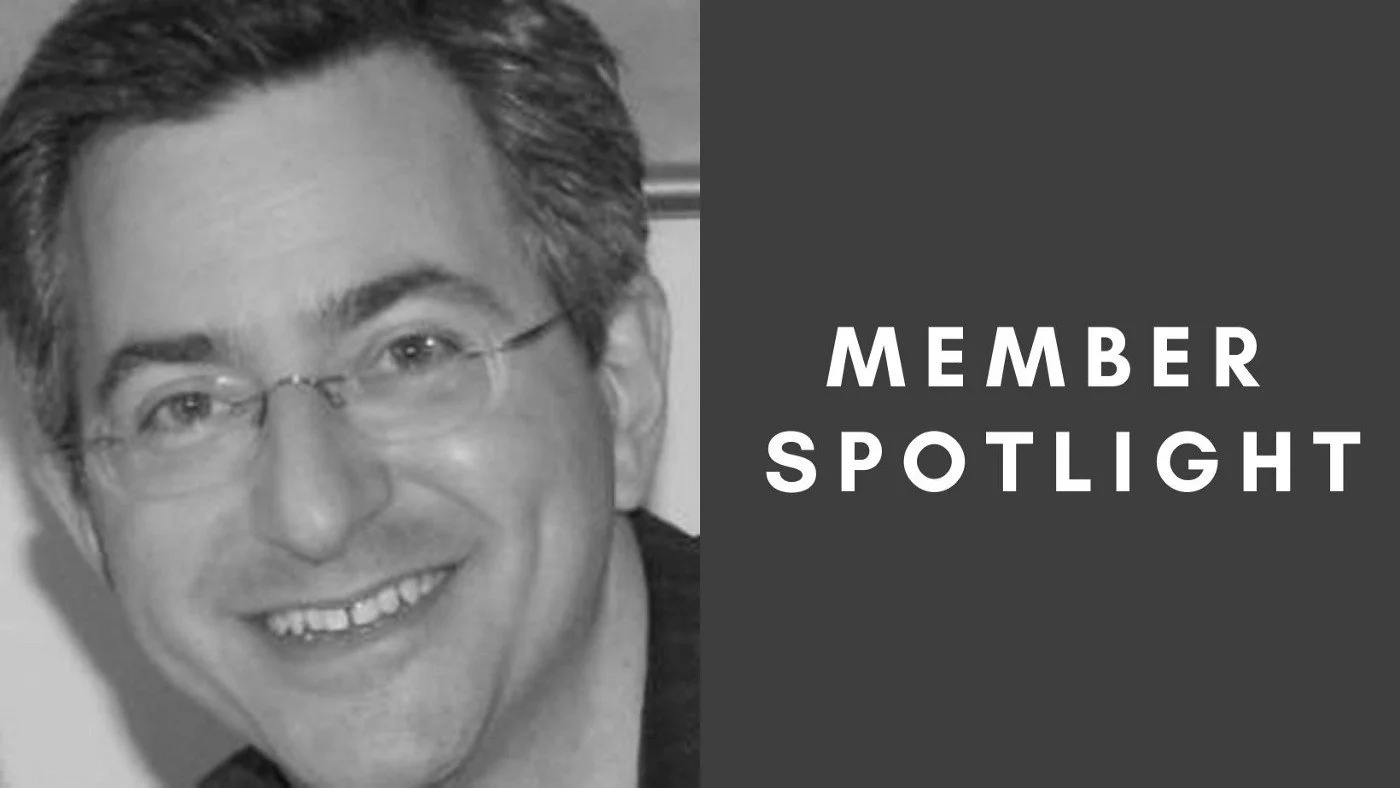NYA Member Spotlight - Peter Dolch
Peter Dolch has been an NYA member for over 3 years. He brings with him software development expertise, as well as experience working with both enterprise clients as well as start-ups. He provides great insight to prospective members on how NYA can help them with their investment portfolio, as well as solid advice to founders approaching NYA for funding. He also provides the two key qualities he looks for in a founder. Read his interview to find out!
What first attracted you to join a formal network for Angel Investors?
The opportunity to learn “the art of investing” from experienced colleagues, as well as access to formally-curated entrepreneurs.
What did you do before you were an investor and how has that experience shaped your own investment thesis?
I ran a software development and infrastructure company, working with both enterprise clients as well as numerous startups. Starting and growing my own company, as well as helping launch and incubate startups, gave me insights into growth challenges and the importance of team.
What can founders expect from the Angel investor/founder relationship?
Great angel investors provide more than money: they provide access to their experience and their network. “Experience” can be in the form of anything ranging from casual mentorship to a formal advisory role. “Network” access includes introductions to funding partners, potential employees, co-founders, vendors, etc.
What is one of the best investments you made with the NYA?
My best investment to-date is probably Cognoptix. They recently were granted Breakthrough Status with the FDA and will likely be the first-in-market diagnostic tool for Alzheimers Disease. They are a strong team with extremely innovative technology in an important marketplace.
What do you look for in a pitch? In a founder?
Pitches need to tell a compelling story, starting with the problem being solved and ending with how the investors make money. Often founders start off with “the solution”, rather than “the problem being solved”, which can be warning sign. Founders need to be talented, good team builders, and honest. Having strong domain expertise would be on the list, except that’s just table stakes!
How do you spot a good founder?
Unless a founder has a track-record, it’s hard to determine if a founder is “good” from a 10-minute pitch, and due diligence can only get you so far. Two things you can determine quickly? Good founders listen. Good founders are coachable.
What makes a good Angel investor?
Good angel investors are involved in the entrepreneurial and early-stage investment ecosystem. This enable them to provide value to the entrepreneurs with whom they invest/mentor/advise, as well as providing value to their Angel-colleagues via recommendations, help with due diligence, and access to good deal-flow.
What advice would you give a founder who is about to apply for funding at NYA?
Get some practice pitching before going to NYA. Find an introduction to an NYA member who can be your advocate and sponsor.
What advice would you give to founders who have never fundraised before and do not have strong connections to Angel investors?
Fundraising is harder, and takes longer, than one would otherwise be led to believe by the media’s bias for success stories. Find a mentor or advisor who can help guide you through the process. Also, expect a lot of “no”s. “No”s are fine. But always ask: 1) “What could change that would make you reconsider?” and; 2) “To whom could you introduce me who might have interest in this kind of opportunity?”
Have you noticed any investment trends happening now that the economy is opening back up?
Nothing has changed! There’s still too much money chasing too few good opportunities, pushing early-stage valuations into the stratosphere!
What’s the benefit to YOU, as an investor, of collaborating with other Angels on investments?
The benefit of collaborative due diligence is impossible to overstate. Having colleagues who are experts in different industry domains widens the available deal-flow which can be diligenced, and having colleagues with decades of investment experience helps improve deal terms.


